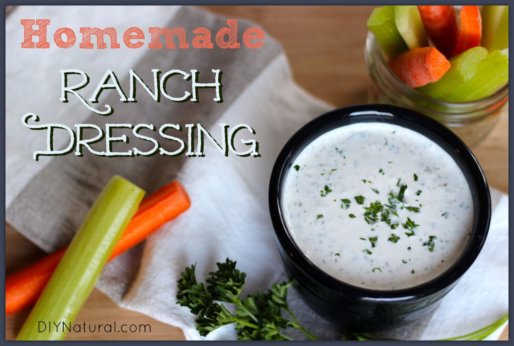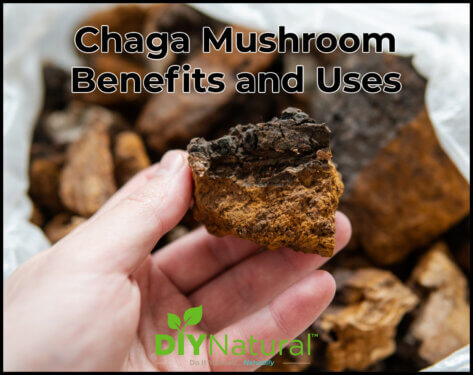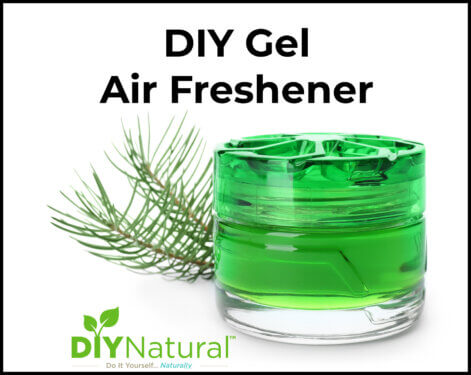
When I was pregnant I was not the glowing, pregnant woman. In fact, I was sick and tired and gained too much weight. Here I was with all the tools and knowledge to care for myself best during pregnancy, but even those of us who know better fail to always do the right things for ourselves.
Even though I suffered with more pregnancy symptoms than I necessarily needed to, I didn’t fail to use the herbs that were most important to support the healthy development of my children, and I’m happy to share my list with you.
Five Herbs for Pregnancy
The herbs I would suggest no pregnant woman be without are the following:
Red Raspberry Leaf (Rubus idaeus)
This herb has gotten a bad rap because of a misunderstanding about its action in the body. It is an amphoteric with an affinity for the muscles of the womb. This means it can help a weak muscle improve its muscle tone, thereby strengthening contractions that need to be more effective, OR it can relax over-taxed muscles that are in spasm inappropriately.
Because red raspberry leaf is so helpful in toning the uterus and can be used to assist in contractions, many have decided that it is dangerous to use in pregnancy because somehow they assume it will lead to miscarriage. Nothing could be further from the truth. This herb has been used the world over for a strong, healthy pregnancy and should be considered a supreme tonic for pregnancy. If I was able to use only one herb while growing a baby it would be raspberry leaf.
(Find organic red raspberry leaf here.)
Nettle (Urtica dioica)
This supreme blood builder is critical at a time like pregnancy. Blood volume changes so dramatically as the baby begins to grow and just after birth that we can be left feeling breathless and out of energy. Nettle is filled with iron and chlorophyll that will keep the body on track and out of trouble.
A healthy circulatory system is so important while you are building a brand new body and can head off problems both in the body of the mother as well as difficulties caused with insufficient blood flow in the child.
(Find organic nettle leaf here.)
Oats (Avena sativa)
This plant, in its many forms, contributes an appropriate level of calcium and magnesium to two bodies that badly need the nutrients. The oats can be used in teas in the form of milky oats (oat tops) or oatstraw. You can even count your morning oatmeal as a “dose” of oats for the day.
The benefit to your nervous system can mean less headaches and cramps. For your bones, it means that you can replenish what the baby is taking and prevent nasty side effects like increased cavities, stains, and chipped or cracked teeth.
(Find organic oat tops here or organic oatstraw here.)
Rose Hips (Rosa canina)
Rose hips are important in pregnancy because they are an easy and delicious source of Vitamin C with bioflavonoids. Why is this important? It’s not just for a healthy nervous system. In fact, Vitamin C plus bioflavonoids ensures a rich, thick, healthy placenta. Skimping here can contribute to problems at birth with excessive blood loss, which can occur when the placenta is thin and breaks apart or “sticks” in the womb instead of being birthed after your child in its entirety.
Rose hips can be harvested from Rosa rugosa as well, but usually when you read about the purposeful cultivation of hips it is from the R. canina species.
(Find organic rose hips here and learn how to make a delicious rose hip syrup.)
Yellow Dock (Rumex crispus)
Not every pregnant woman is going to need yellow dock, but at some point it often comes in handy. Yellow dock is my choice for constipation during pregnancy.
Regardless of how great your diet may be, the combination of extra weight in the pelvis and increased hormonal levels will often cause a need for some outside help. This weed is high in iron, so it is also very good for any kind of anemia. The best part about it is that it’s gentle and doesn’t create laxative dependency while also being packed with the vitamins and minerals needed anyway.
(Find organic yellow dock here.)
Other Considerations
There are so many other herbs that you might choose to support specific health issues in pregnancy. Beyond the five herbs above, there might be something you need to control blood pressure or blood sugar naturally.
Remember that pregnancy is a special time and there can be herbs that are not appropriate for the work you are doing just as there are over-the-counter and prescription drugs that can cause damage.
Most of the choices you might use in day to day health are safe while pregnant, though you might consult your doctor or midwife, or an herbal guide to see what is safe for you in preconception, pregnancy, or nursing.
Want More Info on Using Herbs During Pregnancy?
~NOTE FROM MATT & BETSY~
Our friend Dawn (the author of this article) has recently published a book called Conceiving Healthy Babies: An Herbal Guide to Support Preconception, Pregnancy and Lactation. We have recommended this helpful book to several friends after reading it ourselves. It’s packed with detailed information on hundreds of different herbs and the role they can play for women who want naturally healthy babies.
This book is perfect for anyone hoping to get pregnant, already pregnant, or nursing a baby. And a great gift for an expectant mother as Mother’s Day approaches!
Click here to read more about Dawn’s book and purchase a copy for yourself or someone else.
*******



